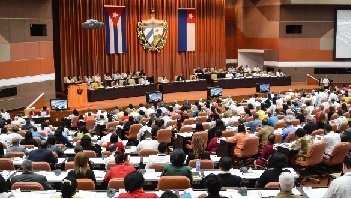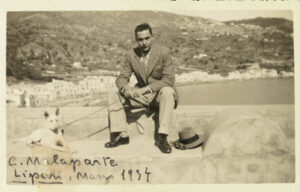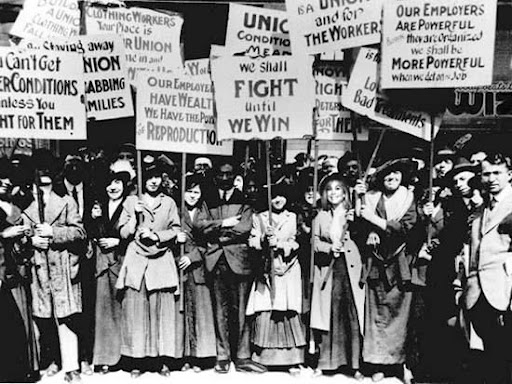 Uno de los primeros hombres que bañó con su sangre la tierra cubana ante la conquista española, fue sin duda, el cacique Hatuey. Proveniente de la vecina isla de La Española, Hatuey llegó a Cuba con el fin de concientizar a sus pacíficos pobladores del peligro tan grande que representaba para ellos, esos extranjeros de allende el mar.
Uno de los primeros hombres que bañó con su sangre la tierra cubana ante la conquista española, fue sin duda, el cacique Hatuey. Proveniente de la vecina isla de La Española, Hatuey llegó a Cuba con el fin de concientizar a sus pacíficos pobladores del peligro tan grande que representaba para ellos, esos extranjeros de allende el mar.
La tarea fue difícil para el cacique indómito, pocos le creyeron. La geografía jugó un papel oportuno para los conquistadores españoles. La palabra de Hatuey solo pudo ser escuchada por caciques de la región oriental del país. No era fácil escudriñar dentro de los corazones de aquellos que no experimentaron en carne propia, los sufrimientos y padecimientos que Hatuey relataba. Pueblo y familia cautiva por soldados con armas que escupían fuego, no era un concepto a digerir por hombres pacíficos que lanzaban flechas para cazar y para defenderse de otros como ellos, nada pacíficos, que incursionaban cada cierto tiempo en sus territorios.
De ahí que la misión de Hatuey no pudo desarrollarse a cabalidad, muy pocos se opusieron al colonizador y menos aún tomaron la iniciativa en la batalla. Más tarde Pánfilo de Narváez pacificó la isla, entiéndase arrasó con quienes se le opusieron.
Los conquistadores comprendieron pronto la labor que Hatuey desarrollaba entre los suyos, en términos modernos lo hubieran calificado de ideólogo. Por ello su captura se convirtió en prioridad. Lo persiguieron, acosaron y tomaron prisionero.
Lo que sucedió es de todos sabido, fue quemado vivo en las proximidades del río Yara.
- Hits: 7145
 but a modern resurgence in their use has come along with the popularity of other forms of deliberative or participatory democracy (think citizens’ panels or juries, and the use of referendums). Arguably this trend is a consequence of the perception that the model of vesting power in hierarchical structures (of which governments are the most important) is broken.
but a modern resurgence in their use has come along with the popularity of other forms of deliberative or participatory democracy (think citizens’ panels or juries, and the use of referendums). Arguably this trend is a consequence of the perception that the model of vesting power in hierarchical structures (of which governments are the most important) is broken.
 «
« Día Internacional de la Mujer en 1975. Pero en Estados Unidos, desde mucho antes, ya se conmemoraba el Día Nacional de la Mujer desde el 8 de marzo de 1909.
Día Internacional de la Mujer en 1975. Pero en Estados Unidos, desde mucho antes, ya se conmemoraba el Día Nacional de la Mujer desde el 8 de marzo de 1909.